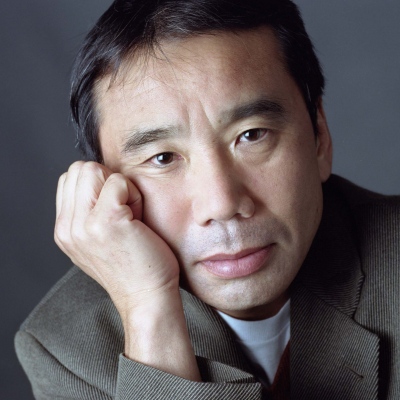"The damage caused by the earthquake itself was quite extensive, but the tsunami triggered by the earthquake caused much greater devastation. In some places, the tsunami wave reached a height of 39 metres. In the face of such an enormous wave, even the tenth storey of normal buildings would not provide refuge for those caught in its path. People living near the coast had no time to escape, and about 24,000 people lost their lives ó some 9,000 of whom are still reported missing. The great wave that broke the barriers carried them away, and weíve not yet been able to find their bodies. Many were most likely lost in the depths of the icy sea. When I stop to think about this and imagine that I too could suffer such a terrible fate, my chest tightens. Many survivors lost their families, friends, houses, properties, communities and the very foundations of their lives. Entire villages were destroyed completely. Many people have lost all hope for living.
I think that being Japanese means living with natural disasters. From summer to autumn, typhoons pass through much of Japan. Every year they cause extensive damage, and many lives are lost. There are many active volcanoes in every region. And of course, there are many earthquakes. Japan sits precariously on the four tectonic plates at the eastern extremity of the Asian continent. It is as if we are living on a very nest of earthquakes.
We can predict the timing and route of typhoons to a greater or lesser extent, but we canít predict when and where an earthquake will occur. All that we do know is that this was not the last great earthquake, and that another will surely happen in the near future. Many specialists predict that a magnitude 8 earthquake will strike the Tokyo area within the next twenty or thirty years. It may happen in ten years time, or it may strike tomorrow afternoon. No one can predict with any certitude the extent of the damage that would follow if an inland earthquake were to strike such a densely populated city as Tokyo. Despite this fact, there are 13 million people living 'ordinary' lives in the Tokyo area alone. They take crowded commuter trains to go to their offices, and they work in skyscrapers. Even after this earthquake, I havenít heard that the population of Tokyo is on the decline.
Why? You might ask. How can so many people go about their daily lives in such a terrible place? Donít they go out of their minds with fear?
..."

